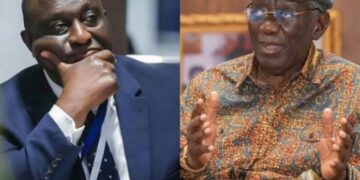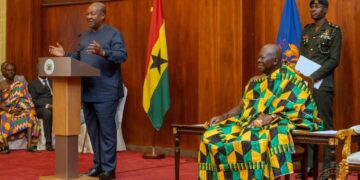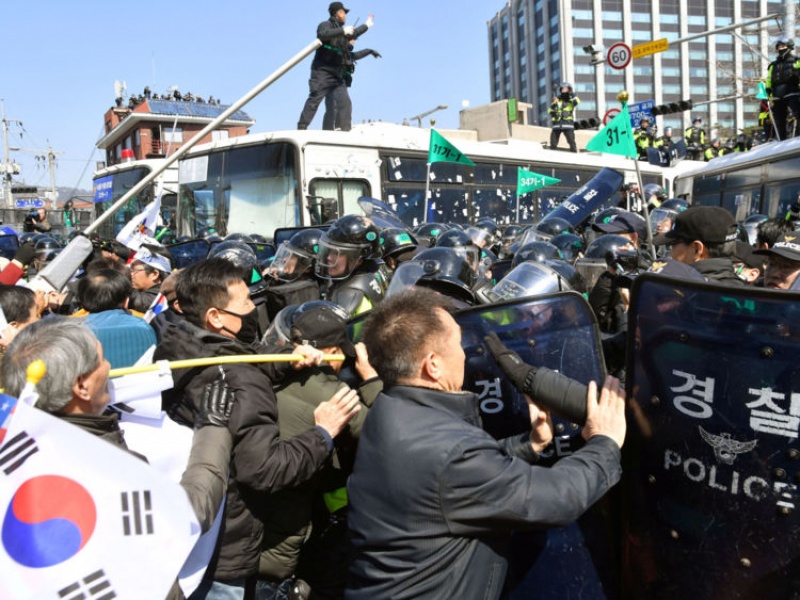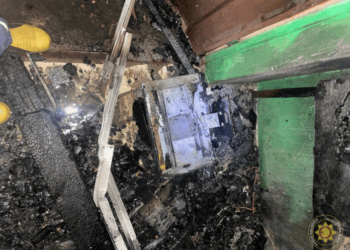South Korea’s Constitutional Court has formally removed President Park Geun-Hye from office over a corruption scandal, sparking clashes that have left two people dead.
The country’s first female leader is accused of allowing a close friend to profit from her connections with the presidency, and was impeached in December after weeks of protests aimed at securing her resignation.
Acting chief justice Lee Jung-Mi said Ms Park’s “acts of violating the constitution and law are a betrayal of the public trust”.
“The benefits of protecting the constitution that can be earned by dismissing the defendant are overwhelmingly big,” she said.
“Hereupon, in a unanimous decision by the court panel, we issue a verdict: We dismiss the defendant, President Park Geun-Hye.”
Her lawyer, Seo Seok-Gu, who had previously compared Ms Park’s impeachment to the crucifixion of Jesus Christ, condemned the verdict as a “tragic decision” made under popular pressure.
Thousands of people celebrated the historic decision on the streets of the capital Seoul, with polls showing that between 70 and 80% of South Koreans had wanted the court to throw Ms Park out of office.
The celebrations turned ugly, however, as her supporters clashed with riot police and a 72-year-old man was hurt and later died in hospital.
A South Korean hospital said he had suffered head injuries after falling from a police bus outside the courthouse.
Police confirmed a second person had also died while protesting against Ms Park’s removal, but gave no further details.
Ms Park had maintained her innocence throughout the proceedings.
But the ruling means she is the first leader to be stripped of presidential powers since the country became a democracy in the late 1980s.
It also opens her up to criminal proceedings.
There has been no word from her since the ruling, and it is not yet known when she will leave the presidential Blue House.
Under South Korean law a sitting president is immune from prosecution for most alleged crimes, but now that she is no longer in power prosecutors can summon, question and even arrest Ms Park.
Prime Minister Hwang Kyo-Ahn remains in charge of the country, but an election will be held within two months to choose her successor.
A likely candidate is liberal Moon Jae-In, who lost to Ms Park in 2012 but now leads the polls.
Her removal also plunges the country into deep political and security uncertainty amid a growing nuclear threat from hostile neighbour and rival North Korea.
South Korea’s defence minister has ordered the military to be on alert for possible Pyongyang provocations aimed at exploiting the “unstable situation at home”.
There are also fears Ms Park’s sacking could spark violence between her supporters and opponents.
One of her lawyers last month warned there would be “a rebellion and blood will drench the asphalt” if she was ousted.
Source: Sky News

































